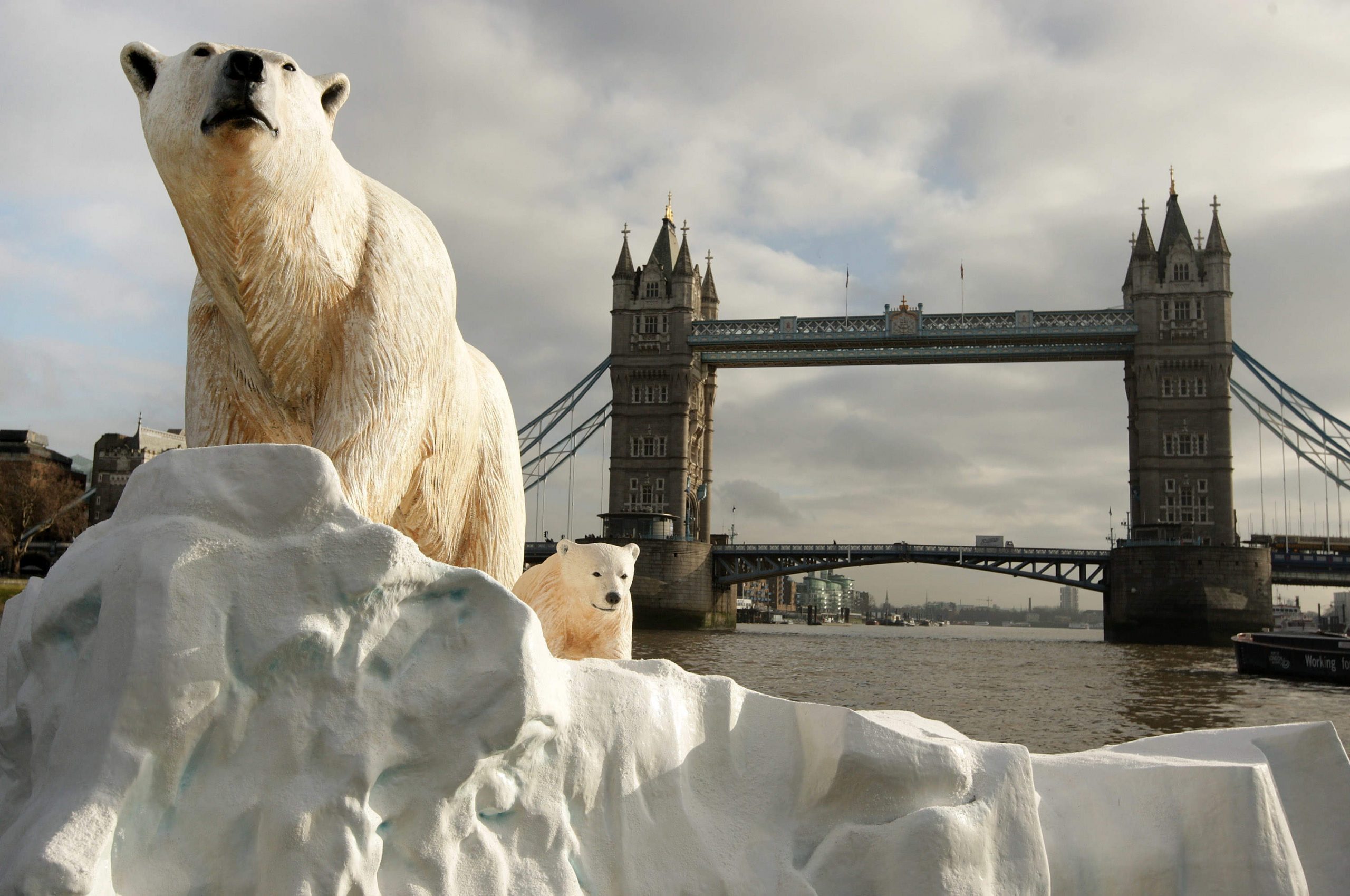
In Paris, at the UN climate summit, there are armed police on every corner. President Obama has referred to the conference as an “act of defiance” against Islamist terror, with 25,000 official delegates convening in Paris to seek action on an issue that is repeatedly, with excellent reason, described as one of the greatest threats humanity has ever faced. “What greater rejection of those who would tear down our world than marshalling our best efforts to save it,” Obama said.
In focus groups, including those that dictated the themes of the UK general election in May, climate change is seldom mentioned as a critical question. People like myself, who work on the issue every day, are especially adept at suppressing our fears. And yet, how can I neatly parcel up my concerns over climate change, but have no personal defence against the fear of terrorist violence?
The psychology of risk shows that proximity is everything. Evolution has trained us to give priority to clear dangers that are recent or directly threaten those closest to us. The Paris attacks were violent, visible and recent. They played out in a familiar city in a neighbouring country. Suicide bombings the following week in Nigerian markets killed or injured over 250 people but were too far away to command much attention in the media.
The effects of climate change, though, are not only distant and disparate but intangible. Climate change has no clear signature because, to use the language of military strategists, it is “a risk multiplier” – a catalyst in vulnerable situations. The Pentagon and the MoD recognise it as a factor in Middle Eastern wars and terrorism; but, as the US presidential contender Bernie Sanders found in the second Democratic debate last month, politicians will be rounded on for making the connection.
Cognitive research confirms what we have known since the ancient Greeks: that the human brain has two distinct ways of processing information. One system provides a rational and balanced evaluation of the evidence at hand. This is the scientific domain that determines our perspective on climate change. However, this is consistently overruled by a parallel, far faster, intuitive system, driven by emotional triggers, wired to respond to social signals around conformity, reciprocity and attack by outsiders.
Climate change struggles to find a compelling narrative because it has no external enemy. We are all responsible, simply by living our lives and caring for our families. Nobody, not even the most duplicitous oil executive, actually intends to cause climate change. No doubt they have some culpability, through negligence or self-interest, but this is a far less compelling story than the one we tell of a shadowy enemy who deliberately sets out to kill us and destroy our way of life.
We are, above all, storytelling animals. Climate-change campaigners and scientists play alchemy with the cognitive ground rules. They mobilise narratives of imminent threat by focusing on enemies with clear intentions, be that Exxon, Shell, billionaire deniers or politicians, hoping to turn base data into emotional gold.
There are live issues of power and vested interests that bolster our dependence on fossil fuels, and yet, unlike my environmentalist colleagues, I am not persuaded that these combative stories will galvanise public attention beyond a limited activist audience.
With my organisation, Climate Outreach, I have spent hundreds of hours listening to ordinary people, especially people on the political right. They told us, in our most recent research, that they feel ignored and want to see strong government leadership in Paris. But they also feel alienated by the green movement’s contempt for their values of respect, duty and patriotism. The language that often speaks best to their values is provided by professional deniers who present environmentalists, overreaching governments and grant-seeking scientists as the real threat. The resulting left-right polarisation around climate change continues to be the single greatest impediment to concerted action.
Terrorism and climate change are very different threats – but present similar opportunities. Both encourage an angry, blind sectarianism that can only fuel further division. Lasting solutions to both challenges will require clarity and a sense of common humanity. This does not mean we all need to be the same, or find some soft, meaningless compromise. We can respond to both threats with resolve and common purpose, without diminishing our traditions and values.
George Marshall is the author of Don’t Even Think About It: Why Our Brains Are Wired to Ignore Climate Change (Bloomsbury USA)
This article appears in the 02 Dec 2015 issue of the New Statesman, Syria and the impossible war





